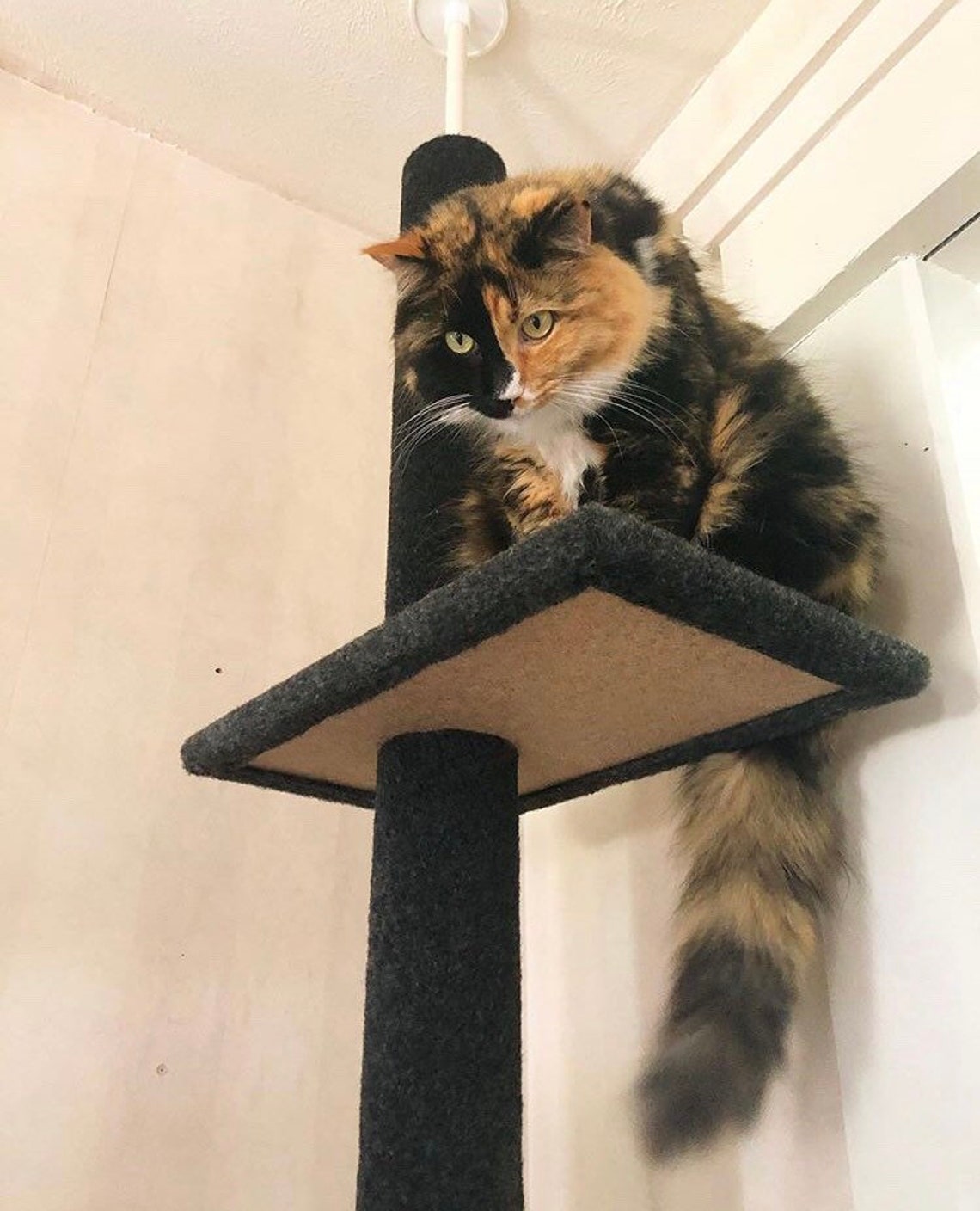Cat Litter Safety During Pregnancy: What To Do.
Wiki Article

Expecting a child is a joyous celebration, but it likewise comes with a myriad of duties and considerations, specifically for pet owners. Amongst the many concerns that emerge during pregnancy, one that typically flies under the radar is the issue of cat litter. While seemingly innocuous, cat litter can posture risks to pregnant ladies and their coming infants if not managed correctly. In this short article, we dive into the important details every expectant mother who owns a feline should know to guarantee a safe and healthy pregnancy.
The main concern with cat litter throughout pregnancy depends on its association with toxoplasmosis, a parasitic infection caused by the Toxoplasma gondii parasite. Felines, especially those who hang around outdoors, can become contaminated with this parasite by searching and consuming infected prey or by entering contact with infected soil. As soon as infected, cats can shed the parasite in their feces for a short duration, typically one to two weeks, which is when they become providers of the illness.
Toxoplasmosis itself may not cause any symptoms in healthy individuals, however it can have extreme consequences for pregnant women and their unborn infants if contracted throughout pregnancy. The parasite can be sent to humans through accidental ingestion of polluted cat feces, soil, or undercooked meat including the parasite's cysts. In pregnant females, toxoplasmosis can cause miscarriage, stillbirth, or genetic disabilities in the baby, such as hearing loss, vision disability, or intellectual impairments.
Provided the prospective risks connected with toxoplasmosis, pregnant ladies are frequently encouraged to take preventative measures when managing cat litter. Here are some necessary actions to decrease the threat of infection:
If possible, ask a partner, member of the family, or good friend to take control of the job of cleaning up the litter box throughout pregnancy. This minimizes direct exposure to feline feces, reducing the danger of infection.
If you should clean the litter box yourself, wear disposable gloves and a mask to prevent direct contact with the feces and inhalation of air-borne particles.
Guarantee the litter box is cleaned daily. The Toxoplasma gondii parasite requires a period of one to 5 days to end up being transmittable after being shed in cat feces. Prompt removal of feces minimizes the opportunity of transmission.
After managing cat litter or cleaning up the litter box, wash your hands completely with soap and water to get rid of any prospective contamination.
Refrain from gardening or handling soil, especially without gloves, as it might consist of Toxoplasma gondii cysts from feline feces.
To decrease the risk of contracting toxoplasmosis from food, ensure all meat is prepared thoroughly to kill any parasites present.
n addition to taking precautions when managing cat litter, pregnant ladies may likewise consider switching to alternative litter alternatives that present minimal threat. Self Cleaning Litter Boxes Here are some options to conventional clay-based cat litter:
Silica gel litter is highly absorbent and successfully controls odor. It postures a lower danger of harboring parasites compared to clay-based litter.
Litters made from natural materials such as recycled paper, wood pellets, or corn are eco-friendly and eco-friendly. These litters are generally thought about safe for pregnant ladies to handle.
Litters stemmed from plant-based materials like wheat, corn, or pine use an environmentally friendly alternative to standard clay litter. They are totally free from harmful chemicals and are safe for Corn Cat Litter pregnant ladies and their pets.
Similar to any concerns throughout pregnancy, it's essential to consult your doctor for customized suggestions and recommendations. If you have any concerns or cat litter uncertainties relating to cat litter and its prospective threats, don't be reluctant to discuss them with your obstetrician or midwife. They can provide guidance customized to your individual situations and assist minimize any issues you may have.
While owning a feline can bring immense happiness and companionship, it's vital for pregnant females to be knowledgeable about the possible risks associated with cat litter and take suitable safety measures to secure their health and the health of their unborn kid. By following basic guidelines and looking for assistance from healthcare service providers, expectant moms can browse this aspect of pet ownership securely and enjoy a stress-free pregnancy along with their feline companions.